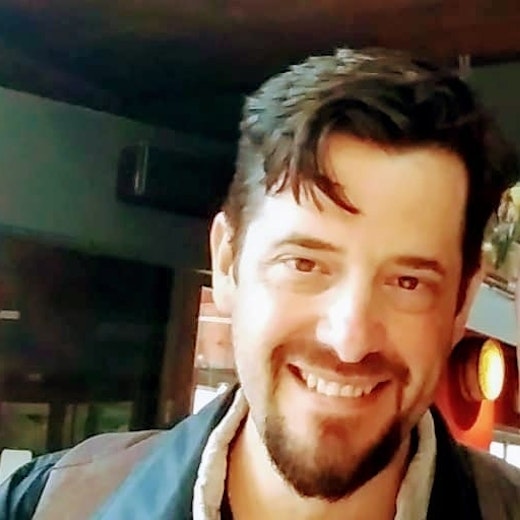
The Why of the BWCA
With over 1,200 miles of canoe routes, more than 1,000 lakes, and 2,000 plus designated campsites, the Boundary Waters Canoe Area Wilderness (BWCAW or BWCA) is one of the most impressive pieces of land management operations in the United States. If you have ever been there, you can appreciate the amount of work and governance needed to keep this little bit of heaven on earth as untarnished as possible. If you have not had the pleasure, then you will have to call upon your imagination to understand how amazing it is in this area of the world. If you are reading this post, then it is a safe bet that you have done at least some form of camping in your life so play along with me for a moment…

In your mind’s eye picture the most remote hiking you have done…a time when you were walking through a state park and realized that you seemed to have the place to yourself – a time when you were sitting by a campfire with friends and the light from the fire seemed to block everything else out in the world beyond, so it gave you the feeling of your campfire being the center of the world. It was a warm safe place surrounded by people you love. Now imagine a time when you were in a canoe, on a boat, or even just floating in a lake, and you looked around and all you could see were shorelines, trees, and the sky. These memories – fleeting moments of intensely pleasant isolation, rare occasions when you can hear the silence of nature – make up the moments that encompass entire days in the BWCA.
These are the moments that make us realize that this world does not belong to us, but instead it is the world to which we belong.

With over a million acres located within the Superior National Forest, the BWCA is one of the United States’ best-preserved natural wonders. Starting in 1902 with the setting aside of 500,000 acres of public lands for a forest reserve in northern Minnesota by the Government Land Office, to the 1949 executive order by President Truman designating an ‘air-space reservation’ barring planes to fly lower than 4,000 feet over the entire area; the truly underappreciated foresight of leaders over the past century has preserved this oasis, this small island (1 million acres out of almost 2.5 billion acres in the continental United States) of natural wonders for all of us to explore and revere. So I say Thank You to you all. Every time I dip a paddle in the water, sip my coffee on a misty morning at a campsite looking over a pristine lake, and tell stories around a campfire with people I love, I will tip my cap to you all.







